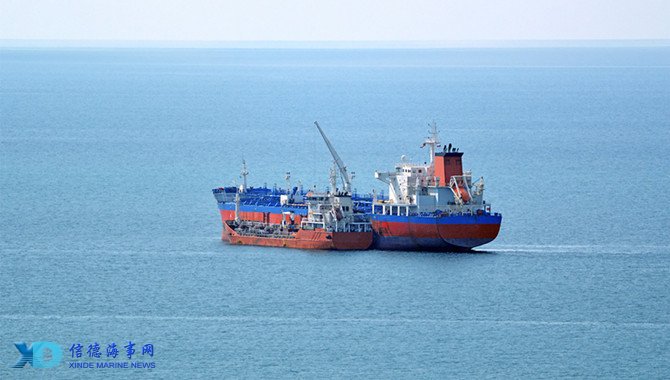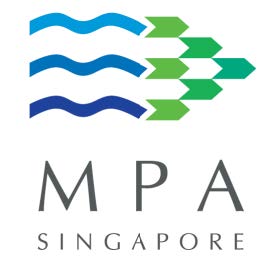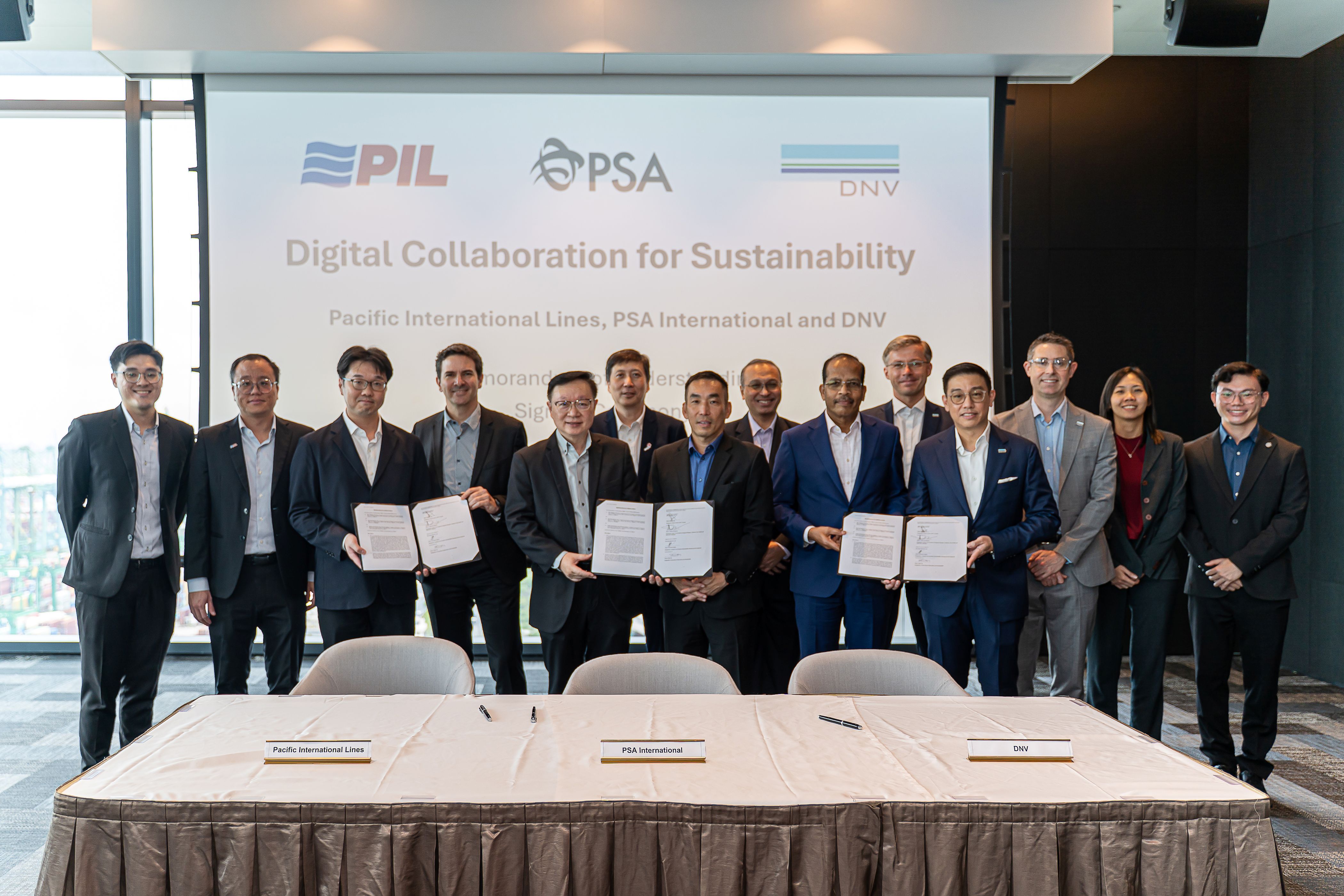
BIMCO, the Clean Shipping Coalition, Cruise Lines International Association, Friends of the Earth US, International Chamber of Shipping, International Parcel Tankers’ Association, INTERTANKO, Pacific Environment, World Shipping Council, and WWF Global Arctic Programme have jointly released a statement calling for the prohibition of the carriage of non-compliant fuel when the IMO’s global 0.5 per cent sulphur cap takes effect in 2020.
The IMO says that there is no reason for a ship to be carrying non-compliant fuels unless it has an approved emissions abatement system installed. A debate at the IMO in London is scheduled for February to decide whether to implement the non-compliant carriage prohibition.
Such a prohibition would overturn the current state of regulation issued by the US Environmental Protection Agency in 2012 which will allow ship owners to use non-compliant fuel oil without an emissions abatement system if no compliant fuel oil is available at a bunkering port. The ship owner may then issue a FONAR or Fuel Oil Non Availability Report. Some in the industry had assumed that the FONAR could be used world-wide on the basis that the oil companies are unable to guarantee the availability of compliant fuel at each and every bunker station.
Presumably the associated worthies undersigning the joint statement wish to ensure a level playing field so that ship owner A cannot undercut ship owner B by using non-compliant cheaper heavy fuel oil on a voyage.
But, unless compliant fuel is available at every port – and bunker suppliers fear it won’t be – the industry has less than two years to decide whether to fit scrubbers and to implement that decision. If an owner does decide to fit scrubbers, then the manufacturer, ship yard and finance all must be identified, the system must be tested and the extracted sulphur must be disposed of at an as yet undetermined location. So far, fewer than one thousand ships world-wide employ scrubbers, out of a global fleet of approximately eighty thousand ships.
Several tanker owners have advised me that they intend to fit scrubbers because the economics will work basis an assumption on how much cheaper non-compliant fuel oil will be compared to low-sulphur heavy fuel oil, MGO or other compliant alternative fuels. They have, I assume, identified and booked the systems, ship yards, and dates to fit the scrubbers as well as obtaining a guaranteed supply of fuel oil from a preferred supplier.
If the prohibition goes ahead, there could be a rush to fit emissions abatement systems, but not everyone will be able to retrofit their ships in time. Several owners have told me that they cannot see the sense in scrubbers and will renew their fleets instead. What will happen to the rump of the fleet that is left unable to comply with the new regulations? If, as I believe, charterparties will be adjusted to insist on compliance, many ships will be unable to find cargos and will fall out of use. The scrap yards could be inundated.
The shipyards could also be inundated as owners seek to renew fleets. When the 2010 single hull tanker phase out was approaching, owners were lucky enough to have enjoyed several years of profitability and in 2007 over 700 new double hull tankers were ordered for delivery before 2010. As you will remember, the cost of a VLCC ballooned to over USD 140 Mn. Many of these double hull vessels delivered just in time for the global economic crash. It is quite possible that many of them are still in negative equity compared to the mortgages advanced to build them.
The current tanker newbuilding orderbook appears to reflect a similar scenario, though neither the freight markets nor the banks are as supportive as they were a decade ago. Building a new vessel in this economic environment is a risk, though a number of owners have already been prepared to take that risk.
If you are a tanker owner, you have little time left to decide what to do if you want to implement your decision before 2020. If you are an investor or a lender, you need to understand the risks these regulatory changes pose to your investment or exposure. The industry needs clarity from the regulators…and soon, because this headache is becoming a migraine.
Source: Mark Williams, Managing Partner at Affinity Research LLP
Please Contact Us at:
admin@xindemarine.com


 Baltic Exchange launches new Fuel Equivalence Conve
Baltic Exchange launches new Fuel Equivalence Conve  21 Consecutive Years of QUALSHIP 21 Recognition for
21 Consecutive Years of QUALSHIP 21 Recognition for  MPA and Wärtsilä Renew Partnership to Drive Marit
MPA and Wärtsilä Renew Partnership to Drive Marit  MPA and Dalian Maritime University Renew Partnershi
MPA and Dalian Maritime University Renew Partnershi  PSA INTERNATIONAL, DNV AND PACIFIC INTERNATIONAL LI
PSA INTERNATIONAL, DNV AND PACIFIC INTERNATIONAL LI  INTERCARGO Reaffirms Call for Simplicity as IMO Cli
INTERCARGO Reaffirms Call for Simplicity as IMO Cli